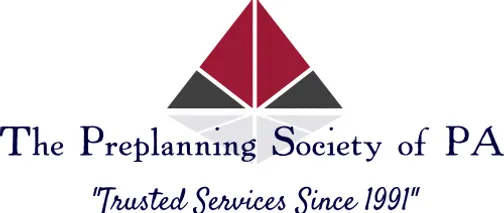Implementing A Cafeteria Plan
Internal Revenue Code 125 allows an employer to implement an employee benefit plan which allows employees to select the benefit programs they prefer.
Year End Financial Planning
The best financial decisions are made with the benefit of time, thoughtful consideration and trusted professional advice. As tax time once again approaches, there are many things you can do to give you the flexibility to make the best long term financial decisions and prepare to minimize expenses, taxes and the headache of organizing your finances at the last minute.
Health Insurance - How It Works
Without health insurance, a single illness can cause serious, and often irrevocable, financial hardship.
Insurance of any kind is intended to transfer financial risk to an insurance company in exchange for a reasonable insurance premium. Where most insurance coverages pay once a loss has occurred, health insurance has the added benefit of paying to keep your loss from getting worse.
Tax Qualified Plans
As a business owner, there are several reasons you might want to implement a qualified retirement plan for you and your employees. Not the least of which is that qualified plans provide numerous tax advantages.
The Basics Of Retirement Planning
When planning your retirement, it is important to remember that money, more than any other factor, will dictate most of your retirement decisions. Your level of financial preparedness for your retirement years will determine when you retire, what type of lifestyle you and your family will enjoy during retirement, and what might be left as a legacy to your heirs.
An Introduction To Budgeting
Budgeting is the systematic allocation of one's limited resources (income) to a potentially unlimited number of needs and wants (expenses.) Budgeting your income, though oftentimes tedious and difficult to maintain, can help you better control how your income is being spent.
Creating A College Funding Strategy
Saving for college isn't easy, but the earlier you start the better off you'll be. For example, if you save $60 a month for 17 years earning 8% per year, you will have over $25,000 by the time college begins! Taxes will reduce the amount of the portfolio.
There are several savings and investment strategies that can help you accrue money for college.
Keeping Your Plan In Balance
No matter what type of investor you are, it is important to keep your plan on track. Revisit your asset allocation periodically (every year or two, depending on market conditions) and see whether it needs adjustment. You should also periodically re-examine your risk tolerance and investment profile, especially as you get closer to your goal. You may discover you need to tweak your portfolio’s risk exposure over time.

